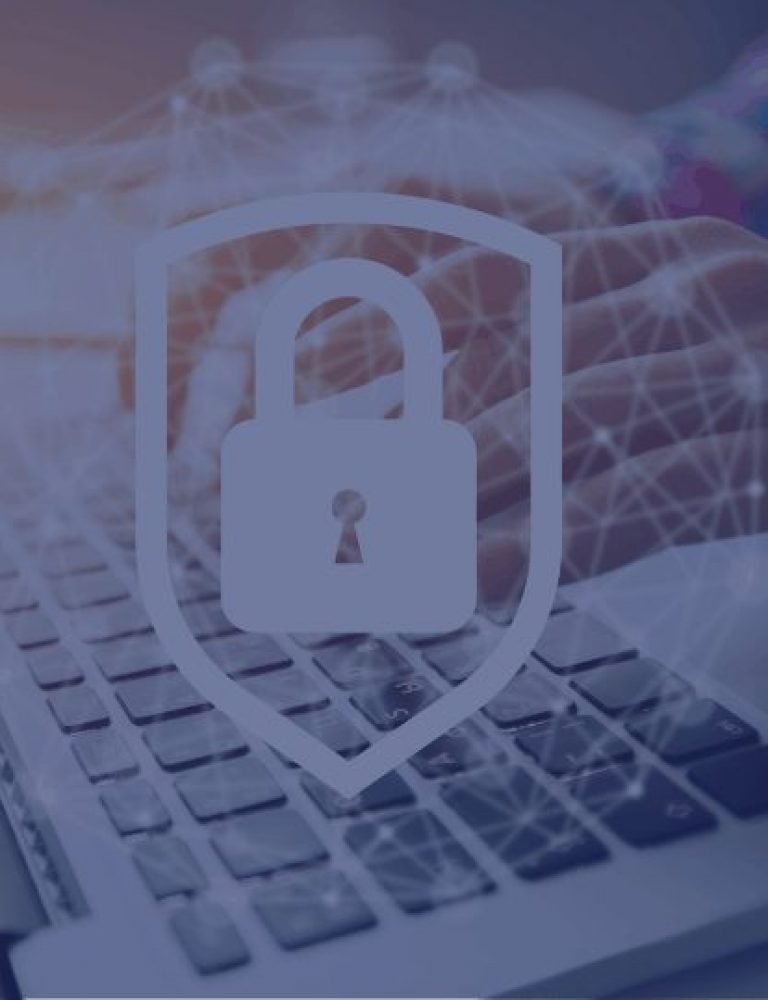

- Judyta Słodowska
How do companies deal with hackers?
Find out more!
Recently, the threat of cyberattacks from cybercriminals has significantly increased. This is related to both the current geopolitical situation and the migration of many businesses to the online realm. Companies have no choice but to increase their spending on proper security measures in order to protect themselves against attacks.

Among the most commonly mentioned hacker attacks that companies face are DDoS attacks, malware, botnets, phishing, and wipers. However, these are not the only challenges that businesses encounter.
Lack of employee education
Lack of proper employee education and ensuring a sufficient level of awareness, such as opening attachments from suspicious senders, can lead to unforeseen consequences.
The phenomenon of cyber threats is further amplified by the hybrid work model. Companies are recognizing the gap in employee education and awareness, and according to data from Altkom Akademia, the interest in cybersecurity training has increased by 170% in recent times. Additionally, according to GData, global financial investments in cybersecurity education are projected to increase by as much as 218.5% by 2026 – says Stanisław Borkowski, Director of Security and Quality Department.
Technological debt doesn’t make it any easier
Additionally, the Polcom report clearly indicates that as many as 65% of companies consider outdated systems and technologies as another risk factor in terms of security. Technological debt not only limits companies in their development but can also decrease the level of cybersecurity in the network.
Outsourcing is the solution
Due to the high volume of tasks and the necessary human and financial resources, companies often decide to use outsourcing. According to our research, as much as 57% of respondents plan to implement cloud solutions precisely to enhance infrastructure security and ensure business continuity. This model allows for cost savings, flexibility, and guarantees a high level of security for every company, including those in the SME sector – highlighted Stanisław Borkowski.
Companies are increasingly opting for Security as a Service solution, which ensures data security and business continuity, while allowing companies to focus on their core business. An example of implementing SOC services in the e-commerce industry is Poczta Kwiatowa. We encourage you to read the case study.